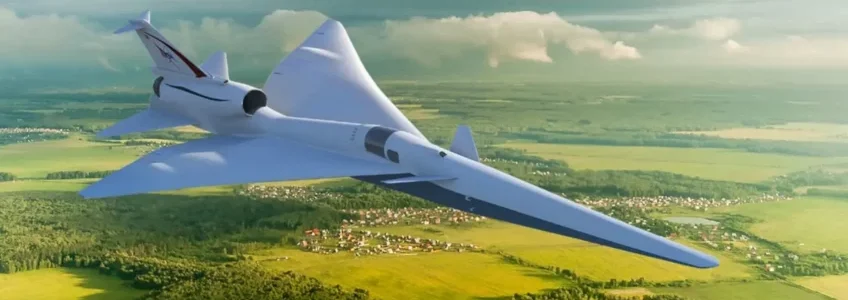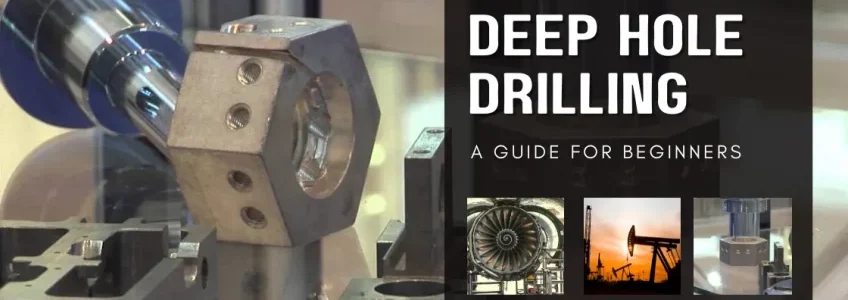Supersonic Travel: The Next Leap in Aerospace Innovation
Supersonic travel is making a remarkable comeback, with recent breakthroughs in detonation engine technology paving the way for faster, more efficient, and cost-effective high-speed aviation. Imagine flying from Beijing to New York in just two hours; the future envisioned by China’s aerospace sector. These advancements promise not only to redefine global transportation but also to drive significant progress in aerospace engineering advancements.











Recent Comments